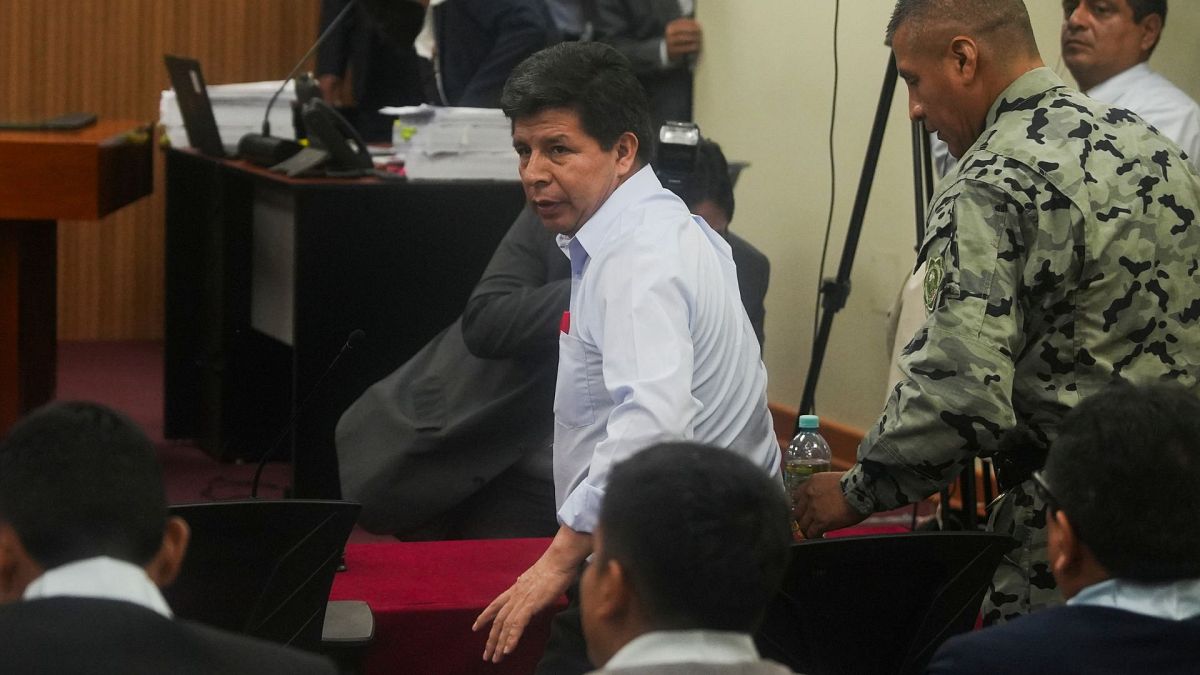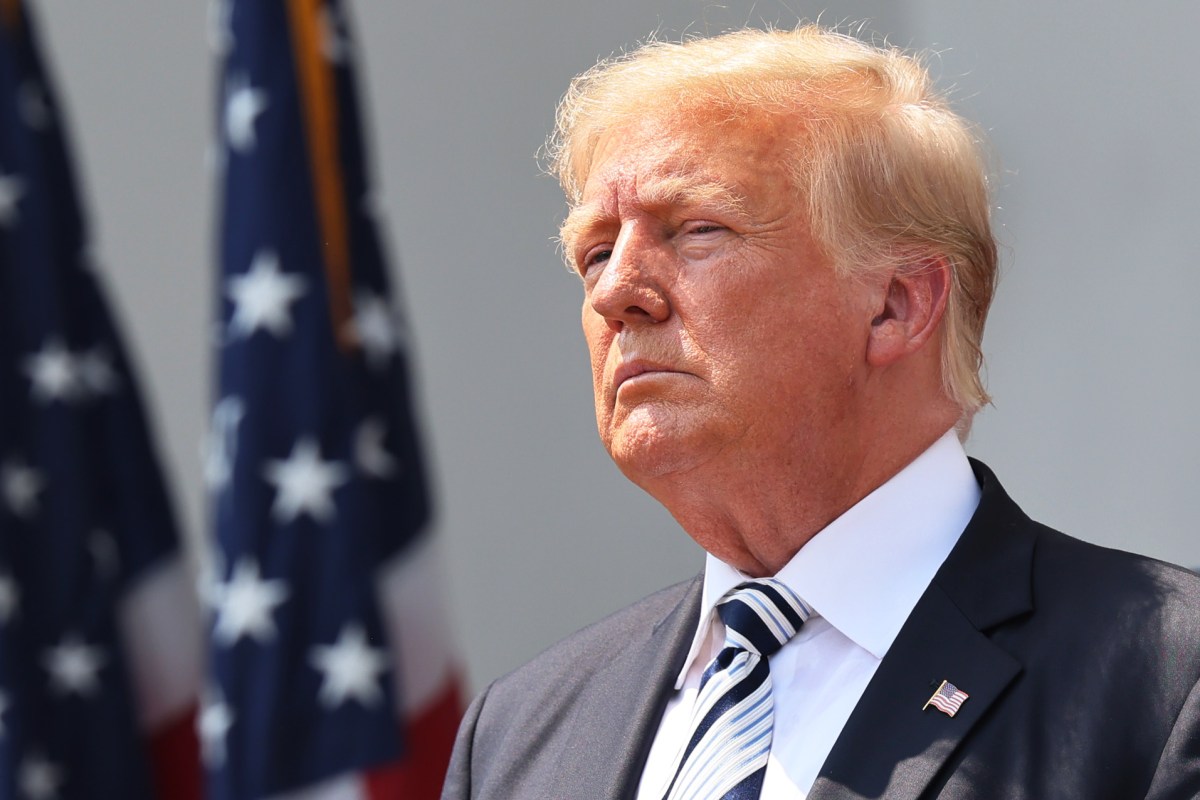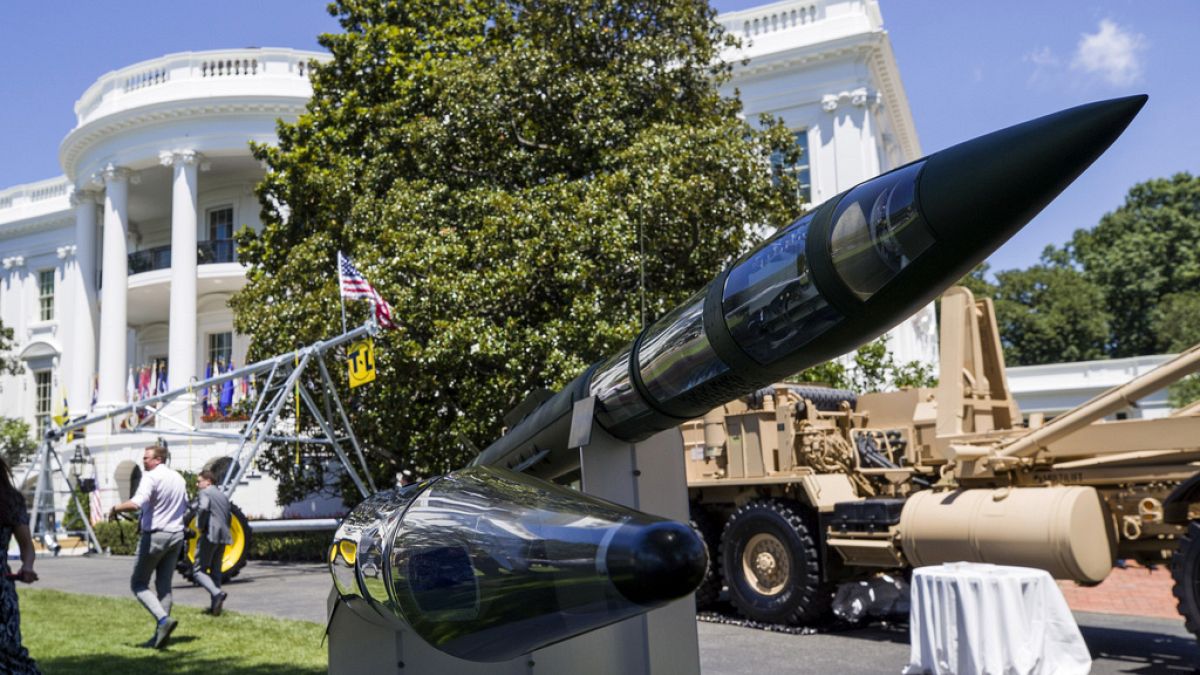How Trump could help Musk win his space war against Bezos
Rivals worry the SpaceX boss will rig the playing field for space exploration in his favor.
Elon Musk and Jeff Bezos have been locked in a bitter rivalry for supremacy in space exploration. Donald Trump’s return to the White House could boost Musk’s ascent.
As it stands, Musk’s SpaceX is the competition’s undisputed leader: It regularly sends astronauts into orbit, while Bezos’ Blue Origin has yet to launch anyone beyond the outer edge of space.
But Bezos’ company, even if far behind SpaceX, is seen as its closest American competitor, and the two companies have clashed in court over billions of dollars in government funding. More recently, their battle has become increasingly bitter, as the billionaires themselves traded barbs on Musk-owned X.
Now, as Musk spends weeks palling around with Trump at Mar-a-Lago after the election, their proximity has the space industry fearing that Musk could rig the space race in his favor by diverting billions of dollars in government funding to SpaceX. The chief threat to SpaceX’s peers is that Musk will aim to create a monopoly in the private space industry.
“People are concerned what’s in place to stop it,” said one space industry lobbyist granted anonymity to discuss private conversations about Musk’s influence. “You’re talking about two of the most unpredictable people in the world getting together. It’s not like chocolate and peanut butter, and you get a great combination. You’re talking about world dominance here.”
Of the two entrepreneurs, one has developed a close partnership with the president-elect; the other has drawn his ire and the nickname “Jeff Bozo.” The implications of their relationships with Trump could shape the next chapter of private space exploration, and the space industry is scrambling to understand how Musk could crowd out competitors or fill influential government positions with his allies, including the head of NASA.
Musk’s SpaceX and Bezos’ Blue Origin have been dueling to be the most technologically advanced company in the private space flight sector. Investments from the federal government have propelled the companies but also forced them to compete over resources. The matter came to a head in 2021 when SpaceX snagged a multibillion-dollar contract for a moon landing mission and Blue Origin sued the federal government over it. Blue Origin lost that case but was later awarded its own contract to create other technology for a moon mission.
For Musk, who has called Bezos’ company “Sue Origin,” this fight is personal and years in the making. In an early Thursday morning post on his platform X, he gleefully accused Bezos of telling others to sell their SpaceX and Tesla stock because Trump would lose the election. Tesla stock prices have soared since news of Trump’s victory.
“100% not true,” Bezos responded — to which Musk said “Well, then, I stand corrected” with a laughing emoji.
Despite the nickname from Trump, Bezos has seemingly changed his tune on the president-elect. In the lead up to the election, the Washington Post owner killed a planned endorsement of Vice President Kamala Harris. And after Trump won, Bezos quickly congratulated him. Blue Origin CEO David Limp met with Trump the same day the Post announced it would not endorse a candidate.
But Bezos has a long way to go to make nice with Trump. Few companies have felt Trump’s ire like Amazon, which he accused of not paying taxes and ripping off the U.S. Postal Service. Trump has condemned the “Amazon Washington Post” as Bezos’ “lobbyist newspaper.” Amazon also previously accused the first Trump administration of giving a contract to Microsoft because of “improper pressure from President Donald J. Trump.”
By contrast, Trump called Musk a “supergenius” in his victory speech, and the Tesla chief is privy to the highest levels of planning for the next administration. Trump traveled to Texas on Tuesday to visit a SpaceX facility and to watch a rocket launch.
“Everybody in the space industry is worried about Elon’s influence right now. Everybody,” said Charles Miller, a NASA alumnus who worked on the agency’s planning for the first Trump transition team. “They kinda imagine what they would do if they were so close to the president.”
SpaceX and Blue Origin did not return requests for comment.
The competition between Musk and Bezos is a microcosm of how industries are preparing to grapple with an administration that shows favoritism to its allies and vengefulness toward those who have not shown adequate deference to Trump. After he was first elected, Trump threatened new taxes on General Motors, blasted Merck for its pharmaceutical prices, and delivered a foreboding message about the end of Harley-Davidson.
Blue Origin has been closely following what effect Musk may have on Trump’s pick to lead NASA, the agency that has contracted out billions of dollars to both Blue Origin and SpaceX, according to a person who works with Blue Origin. The industry is particularly concerned that Musk may move the government to appoint Kathryn Lueders, general manager at SpaceX’s Starbase facility in Texas, to run the agency, according to a space industry lobbyist. Both people were granted anonymity to discuss private details about strategy in Washington.
On Capitol Hill, Blue Origin is trying to raise alarms about potential unfair advantages in the space race. The company has been arguing that any policy that crowds out competition and capacity in civil or military space business could hurt the country’s space program and national security, according to the person who works with Blue Origin. Another person familiar with Blue Origin’s Washington strategy said the company has been trying to remind those on the Hill that its technology will be flying soon and intends to be a competitor.
“Elon wants a monopoly in space,” argued the person familiar with Blue Origin’s Washington strategy.
Ultimately, government contracting officers in the executive branch will have significant power over who receives federal dollars, and it’s unclear what influence Musk — who was tapped to co-lead a new commission dubbed the Department of Government Efficiency — may have over those lower-level hires. One lobbyist in the space industry wondered whether Musk would attempt to put his own people in those positions.
Recently, Blue Origin has been trying to thwart some of SpaceX’s work with the federal government. For example, SpaceX has sought approval to launch its large Starship model from the Kennedy Space Center in Florida, and Blue Origin has been moving to limit it. Bezos’ company has argued to the Federal Aviation Administration that SpaceX’s launches at the Florida facility could have environmental and safety impacts for the surrounding site.
Blue Origin’s latest strategy is to try to leverage others in the space industry against Musk’s SpaceX. In the wake of the election, the company was quietly rallying the industry to speak out about SpaceX and Musk potentially pushing to dissolve the National Space Council, according to two space lobbyists. There is no public evidence that SpaceX is attempting to do away with the panel.
The first Trump administration revived the National Space Council, a White House group for space policy, in 2017. Executives at SpaceX and a number of its competitors hold seats on its advisory group, providing industry feedback for policy. If the group were dissolved, it would bolster Musk’s relative access and influence compared to peers in space exploration.
“Without the Space Council, it’s just Elon talking to Trump about all things space,” said one of the space lobbyists. “I don’t think that’s just Blue Origin’s concerns. That’s everyone’s concern.”
What's Your Reaction?















































